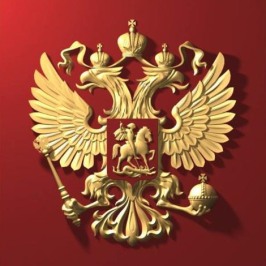The trends visible in the European Union confirm that at this stage it is going through a kind of existential crisis. The original goals of improving the socio-economic living standards of the population and increasing the competitiveness of the integration bloc are obviously at odds with the aspirations of its current leaders to turn the EU into a sort of "geopolitical player" with a significant military-political component. In other words, the EU was supposed to work for the benefit of the people, now instead it aims to cater to the opportunistic interests of certain groups of politicians or countries.
Clearly, all this is only attainable through a fundamental transformation of the EU, stronger powers of the European institutions, and an ever lower role of the European capitals. And the Ukrainian issue seems to be the one that will be used to reform the EU. A similar logic guided the discussions held by the EU Foreign Ministers in Kiev on 2 October 2023. After all, this meeting was intended not so much for Ukrainians as for the bloc's own countries to maintain EU discipline on the question of providing comprehensive assistance to Ukraine. The forthcoming EU transformations will be further debated by the Member States’ leaders on 6 October 2023 in Granada.
Abandoning consensus-based decision-making in the EU Council is expected to be the cornerstone of future reforms. The European institutions routinely explain this by their aspirations to make the EU capable of promptly and more effectively responding to global developments. Actually, it is not quite the case: Brussels needs this within the context of enlargement prospects in order to be able to "digest" new countries, including Ukraine.
Naturally, many EU states will oppose a complete break from the principle of unanimity, as this means de facto giving up their national sovereignty to Brussels. Yet, the current situation gives the European institutions an opportunity to overcome such resistance by fuelling war hysteria, supporting pro-Ukrainian sentiment in the Member States, and countering the so-called "Russian influence".























